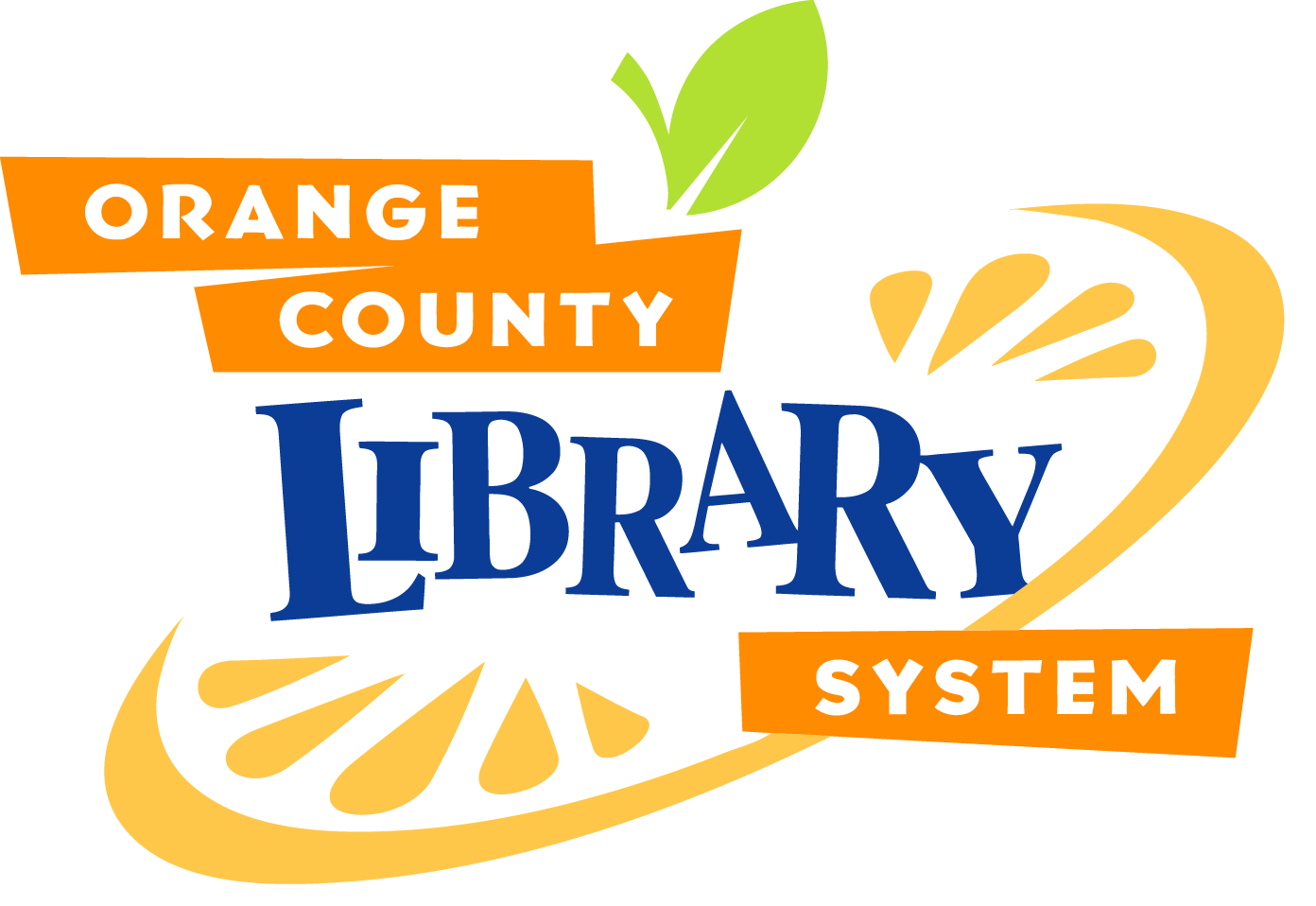| Edition |
First U.S. edition. |
| Description |
213 pages ; 25 cm |
| Bibliography |
Includes bibliographical references (pages 183-204) and index. |
| Contents |
Can the human species wake up? -- Crocodiles and us -- "The other" -- Conformity -- Cruelty -- War -- Killing -- Hatred -- Exploitation -- Indifference -- Wolves -- Kindness? -- A billion acts of kindness -- Elephant trauma and the promise of a better world -- Human traits unique to us -- Human universals -- Traits humans have in common with other animals -- Benevolent traits unique to humans -- What humans do to other animals -- The problem with Pinker on the problem of human violence. |
| Summary |
There are two supreme predators on the planet with the most complex brains in nature: humans and orcas. In the twentieth century alone, one of these animals killed 200 million members of its own species, the other has killed none. The author's book begins here: there is something different about us. In his previous books the author has showed that animals can teach us much about our own emotions: love (dogs), contentment (cats), grief (elephants), among others. But animals have much to teach us about negative emotions such as anger and aggression as well, and in unexpected ways. In this book he demonstrates that the violence we perceive in the "wild" is mostly a matter of projection. We link the basest human behavior to animals, to "beasts" ("he behaved no better than a beast"), and claim the high ground for our species. We are least human, we think, when we succumb to our primitive, animal ancestry. Nothing could be further from the truth. Animals, at least predators, kill to survive, but there is nothing in the annals of animal aggression remotely equivalent to the violence of mankind. Our burden is that humans, and in particular humans in our modern industrialized world, are the most violent animals to our own kind in existence, or possibly ever in existence on Earth. We lack what all other animals have: a check on the aggression that would destroy the species rather than serve it. It is here, the author says, that animals have something to teach us about our own history. Here he strips away our misconceptions of the creatures we fear, offering a powerful and compelling look at our uniquely human propensity toward aggression. -- Provided by publisher. |
| Subject |
Violence -- Social aspects.
|
|
Cruelty -- Social aspects.
|
|
Animal behavior.
|
|
Emotions in animals.
|
|
Animal psychology.
|
|
Ethics, Evolutionary.
|
| ISBN |
9781608196159 (hardback) : $26.00 |
|
1608196151 (hardback) |
|
